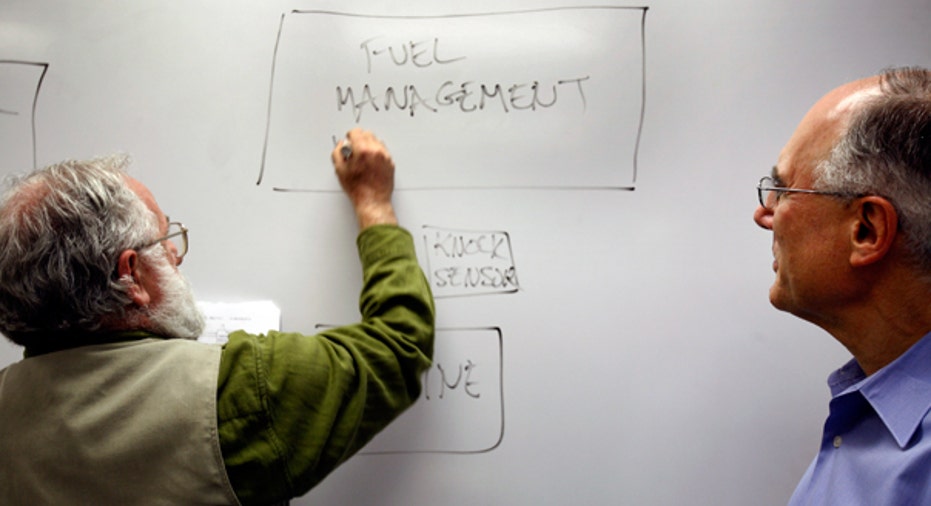Time to Go? How Long Is Too Long for CEO Tenure?

Company leaders who overstay their welcome ultimately hurt their organization's performance, new research suggests.
A study by researchers at Temple University and the University of Missouri revealed that a longer CEO tenure may not always produce positive results. Specifically, they discovered that the longer CEOs stay in power, which most do by nearly three years, the more likely they are to stop reacting to market conditions and their customers' desires, ultimately hurting their firm's performance.
Researchers based their conclusions after examining 365 U.S. companies between 2000 and 2010. They measured CEO tenure and calculated the strength of both firm-employee and firm-customer relationships.
The study's authors found that the longer a CEO serves, the stronger the firm-employee relationship becomes. However, an extended period with the same CEO results in a weakened firm-customer relationship over time.
According to the study, the average CEO holds office for 7.6 years, but the optimal tenure length is 4.8 years.
One of the study's authors, Temple marketing professor Xueming Luo, said as CEOs accumulate knowledge and become entrenched, they rely more on their employees for information, growing less attuned to market conditions and customers.
"Because these longer-tenured CEOs have more invested in the firm, they favor avoiding losses over pursuing gains," Luo said. "Their attachment to the status quo makes them less responsive to vacillating consumer preferences."
According to the researchers, there are two types of learning styles CEOs adopt during their tenure: explorative and exploitive learning via external and internal information sources. They said in the early stages of tenure, CEOs demonstrate a desire for a diverse flow of information and engage in receiving information from both external and internal company sources. Therefore, the company relationship between employees and customers is positive.
However, as CEOs become more knowledgeable and serve for a longer period, the authors argue that they begin to focus on the flow of information from internal sources versus what comes from outside markets. Luo and co-authors Vamsi Kanuri, a University of Missouri Ph.D. candidate, and Michelle Andrews, a Temple PhD candidate, say this is in large part due to longer-tenured CEOs becoming more risk-averse because of all they have invested in their firm. They believe this type of thinking leads chief executives to resist challenging the status quo, further alienating them from market environments and weakening customer relations, which in the end will hurt their company's overall performance.
"We're not saying, 'Fire your CEOs after 4.8 years,'" Andrews said. “But if company boards restructure CEO packages to cater to consumers more, you may find yourself with better results."
Andrews said if boards develop incentive plans for longer-tenured CEOs to encourage more reliance on external market trends and dynamics, customer relations — and therefore, firm performance — could be enhanced.
"After all, you're only a firm if you have customers," she said. “Without customers, no firm can prosper — or even survive."
The study was published in a recent issue of the Strategic Management Journal.
Originally published on BusinessNewsDaily.



















